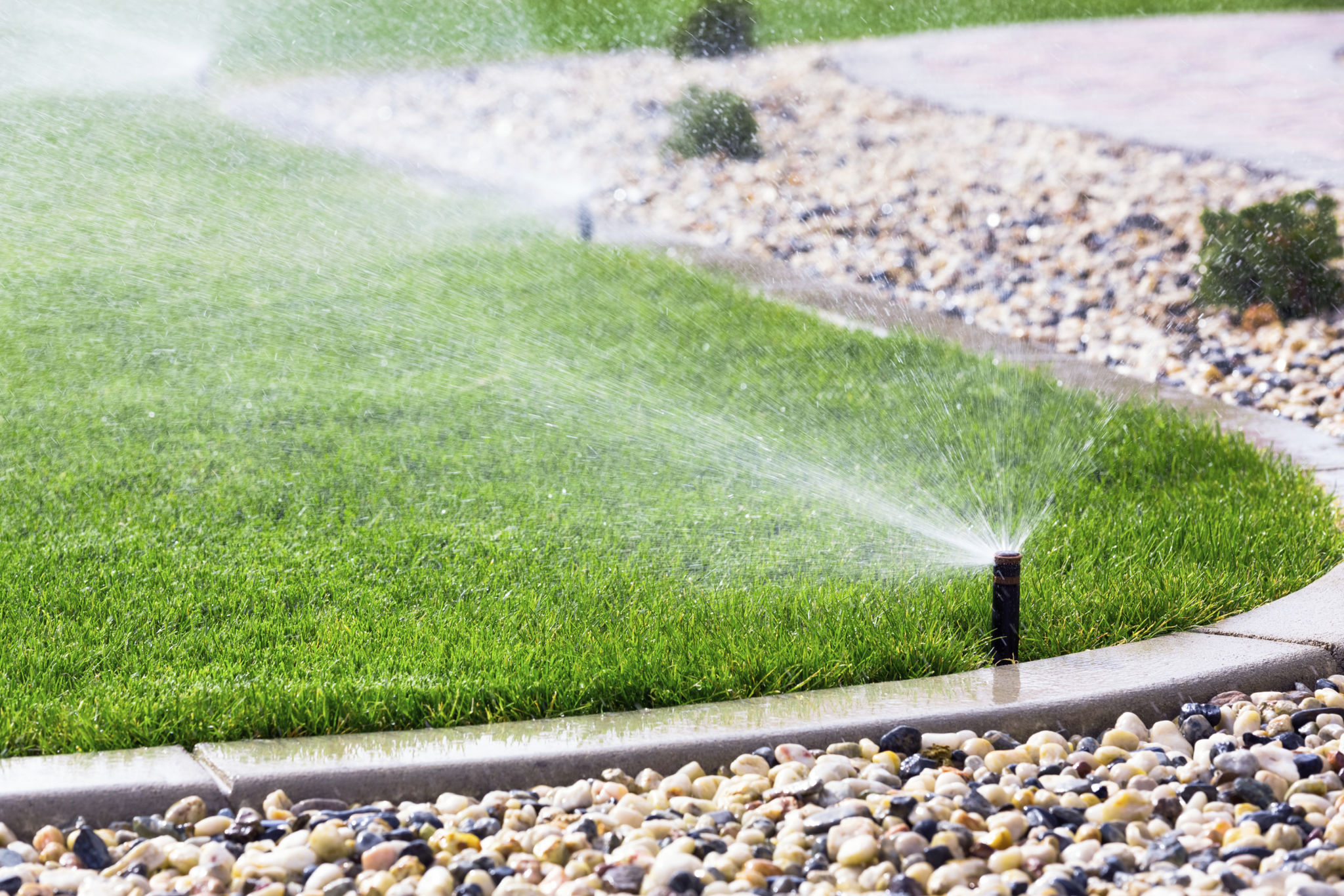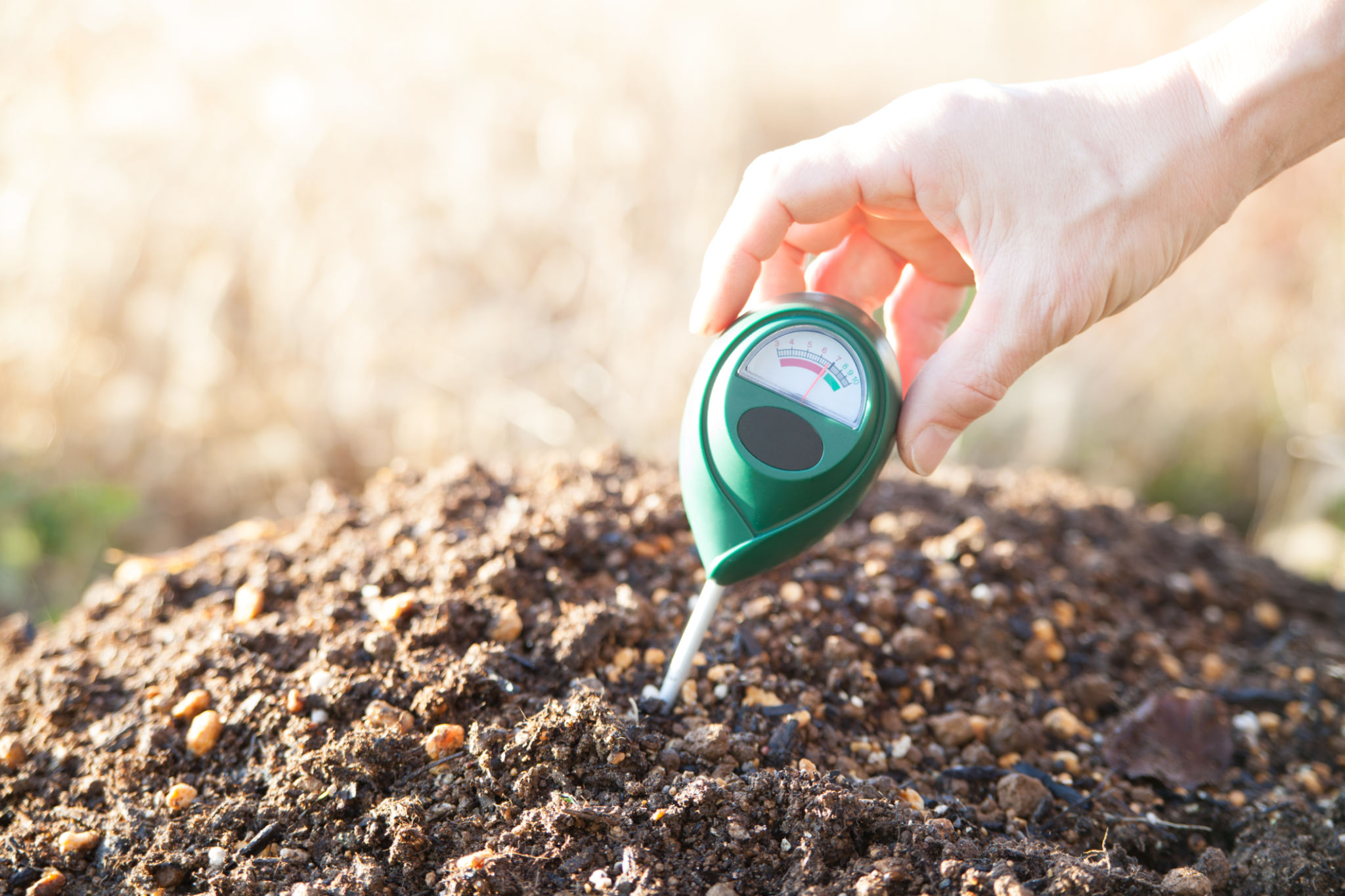5 Common Lawn Care Mistakes and How to Avoid Them
Overwatering Your Lawn
One of the most common mistakes in lawn care is overwatering. Many homeowners believe that more water will lead to a lush, green lawn, but this is not always the case. Overwatering can lead to numerous problems such as shallow root growth, increased susceptibility to disease, and even soil erosion. To avoid this mistake, water your lawn deeply but less frequently, ideally early in the morning.

Mowing Too Short
Another prevalent mistake is mowing the grass too short. While it might seem like a good idea to mow your lawn short to reduce the frequency of mowing, it can actually harm your grass. Cutting the grass too short weakens its ability to photosynthesize and can lead to a patchy, unhealthy lawn. Set your mower blades to a higher setting to ensure your grass remains healthy and vibrant.
Adjust Mower Height
Adjusting the height of your mower is a simple yet effective way to maintain a strong lawn. Most grasses do well at a height of about 3 inches, which allows them to develop a robust root system and better withstand drought conditions.
Ignoring Soil Health
Lawn care isn't just about what you see on the surface; it's also about what's happening below. Ignoring soil health is a critical mistake that many people make. Healthy soil is the foundation of a beautiful lawn, providing essential nutrients and support for grass roots. Conduct a soil test to determine if your soil needs amendments like lime or fertilizer.

Aerate Your Lawn
Aeration is a vital process that allows air, water, and nutrients to penetrate the soil more effectively. Aerating your lawn once a year can significantly improve soil health by reducing compaction and promoting better root growth.
Using the Wrong Fertilizer
Fertilizing your lawn is crucial for its health and vigor, but using the wrong type or amount can cause more harm than good. Choose a fertilizer that matches your grass type and follow the recommended application rates. Over-fertilization can lead to nutrient runoff and environmental pollution.
Timing Your Fertilizer Application
The timing of fertilizer application is just as important as the type you choose. Apply fertilizer during the growing season when your grass can benefit most from the nutrients, typically in early spring and late fall.

Ignoring Pest and Disease Control
Finally, ignoring pest and disease control can quickly turn a healthy lawn into a nightmare. Regularly inspect your lawn for signs of pests or diseases and take action immediately if any are detected. Use environmentally friendly control methods whenever possible to minimize harm to beneficial insects and surrounding ecosystems.
A proactive approach to pest and disease management will help ensure your lawn remains healthy year-round. By avoiding these common mistakes, you'll be well on your way to achieving the lush, green lawn of your dreams.